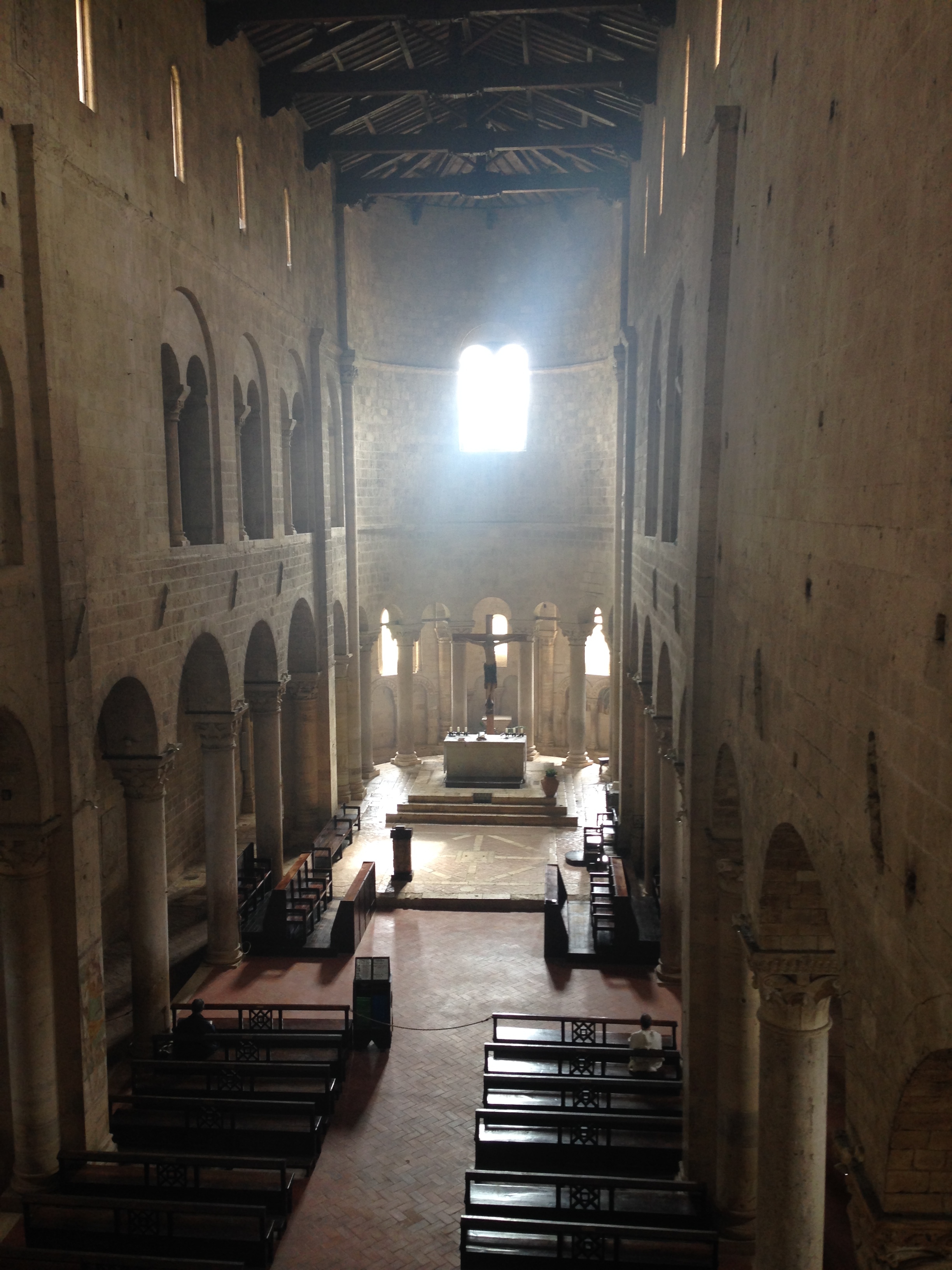We ought to be honest. Catholicism is complicated. It has rules and regulations and rubrics. Not only that, it has an awful lot of stuff to believe. Doctrines and dogmas and devotions and canon law…At times the simple, down to earth, individual faith of the Evangelical Protestant looks attractive. The criticism of the Reformers, of course, was that Catholicism was nothing BUT rules and regulations. They criticized the 1500 year accumulation of traditions, devotions, regulations and strictures mixed with a fair bit of superstition and intentional fraud, flummery and fakery.
I get their point. They wanted to get back to the basics, and that’s not necessarily a bad thing. The problem with any revolution, however, is that invariably the revolutionaries feel they must destroy the old order to create their brave new world. The real point of trying to get back to the basics ought to be an effort not to destroy the old order, but to understand it better. An example: instead of destroying statues and icons and beautiful churches we should take the time to understand what they’re for, how they help us and what is good about them.
The same goes for all the rules and regulations of religion. It is wearisome at times to find how much some Catholics are attached to the externals of religion. What a fuss some people make over the intricate details of the liturgy, the moral regulations and the devotional details. Don’t get me wrong. I’m not saying these things are unimportant. It does matter whether the liturgy is celebrated properly, and it does matter if we observe the moral teachings of the church or not. Canon law matters and so do the doctrines and dogmas and disciplines of the church.
However, while these things matter, there is something that matters more, and that is the end point, the goal and the whole purpose of the Christian religion to start with.
It is summed up in the reading from today’s Morning Office: “I have been crucified with Christ, and the life I live now is not my own; Christ is living in me. I still live my human life, but it is a life of faith in the Son of God, who loved me and gave himself for me.” This is the end point of our religion: to live in Christ and Christ alive in me. The end point is this astounding transformation–a kind of transubstantiation if you like in which I become a Christian — “a little Christ.” This is the work of a moment and the work of a lifetime.
Bit by bit the Holy Spirit chips away all that is not Christ in me, and all the religious stuff are the tools he uses. Why do we take care with the liturgy? Why do we try to pray every day? Why do we read the Sacred Scriptures and the lives of the saints? Why do we do the spiritual and corporal works of mercy? Why do we wear scapulas, light candles, kneel to pray, seek chastity, work for the poor, study and read and pray? None of it is an end in itself. It is a means to an end.
In his rule St Benedict says that at the end of the monk’s life he does out of joy what, in the beginning he did as a duty or out of obedience. Practice makes perfect, and this applies to the spiritual life as much as any other pursuit. This is why I am so attracted to the monastic spirituality. The simplicity of the monk’s life is one of balance between the rules of religion and the reason for the rules.
While I sometimes become a little bit impatient with the Catholic who is scrupulous and perhaps a bit obsessed with the rules and regulations of religion, I am also disappointed with those who are overly casual, indifferent and even dismissive of the rules and regulations of religion.
All of us should see the rules and regulations for what they are. They are the printed notes on the page, but they are not the music. They are the rules of engagement. They are not the war. They are the principles of painting. They are not the art. They are the ladder on which we climb, but they are not the heaven for which we long and which is our final home.







I have to say that all those Catholic things are beautiful and they help me by being visible reminders. I never became so aware of this until just recently when we went to a Traditional Latin Mass for Candlemas. Wow. I didn’t want to leave. The pipe organ, the bells ringing, the Latin chanting, the candles, the beautiful vestments, the incense, the procession, the women wearing beautiful veils, the life like statues, real alter boys who know prayers in Latin and know the Mass inside out!!. WOW! I compare that to the movie theater feel of my friend’s protestant church (not even a simple cross in there) and, I’m sorry, there is no comparison. And I didn’t even mention the presence of Christ in the Eucharist and Communion!!!!! Call me silly, but all of these things help get me to my destination: salvation of my soul. These things are all means to the end and not the end themselves. I think many people forget that. I encourage everyone to attend a Traditional Latin Mass. I think it drives home the point.
I watched Bishop Barron’s “Three Essential Elements of the Church” just prior to reading this. The two complement each other quite nicely. Father, I always appreciate the balance you bring to an issue.